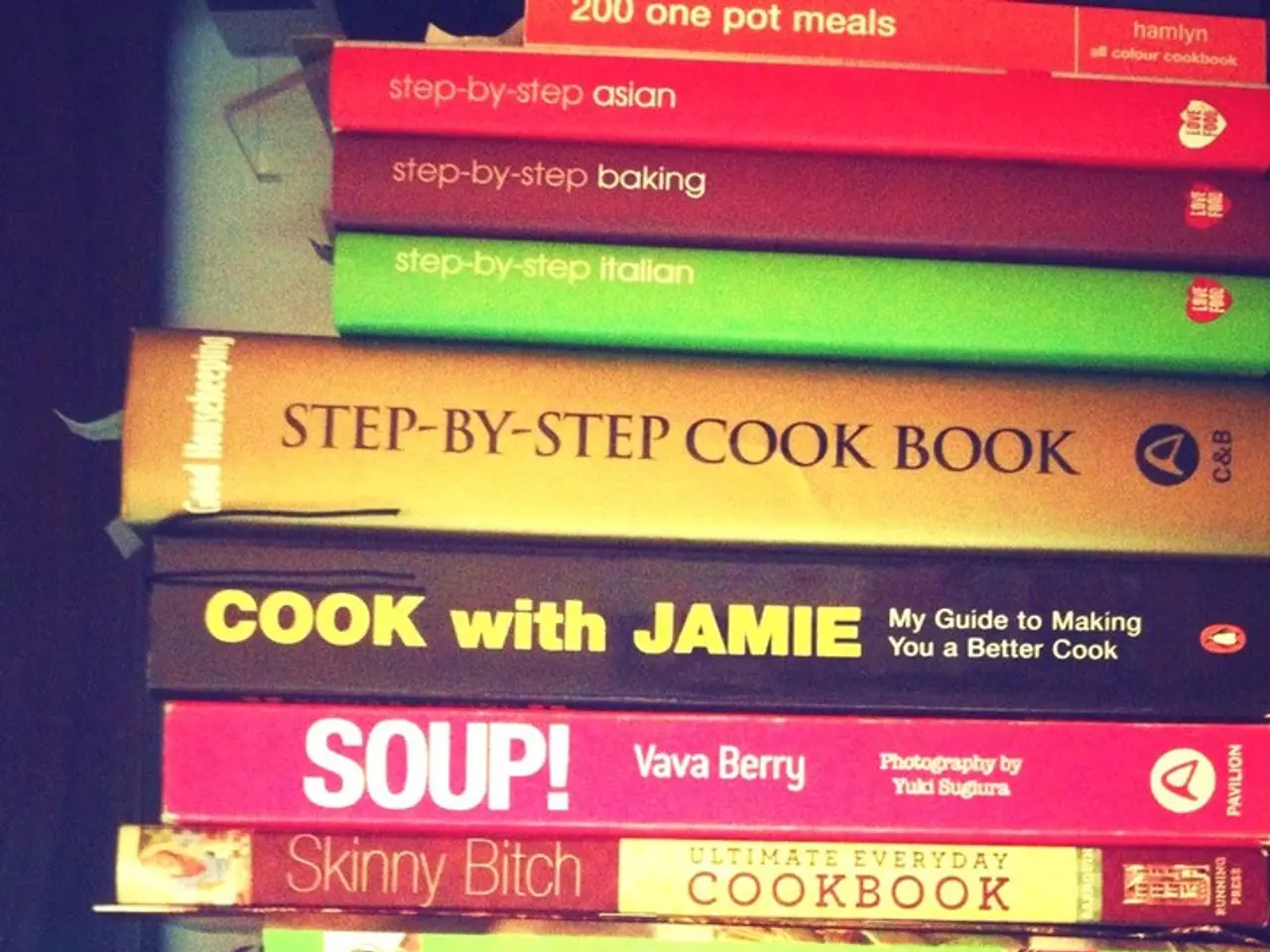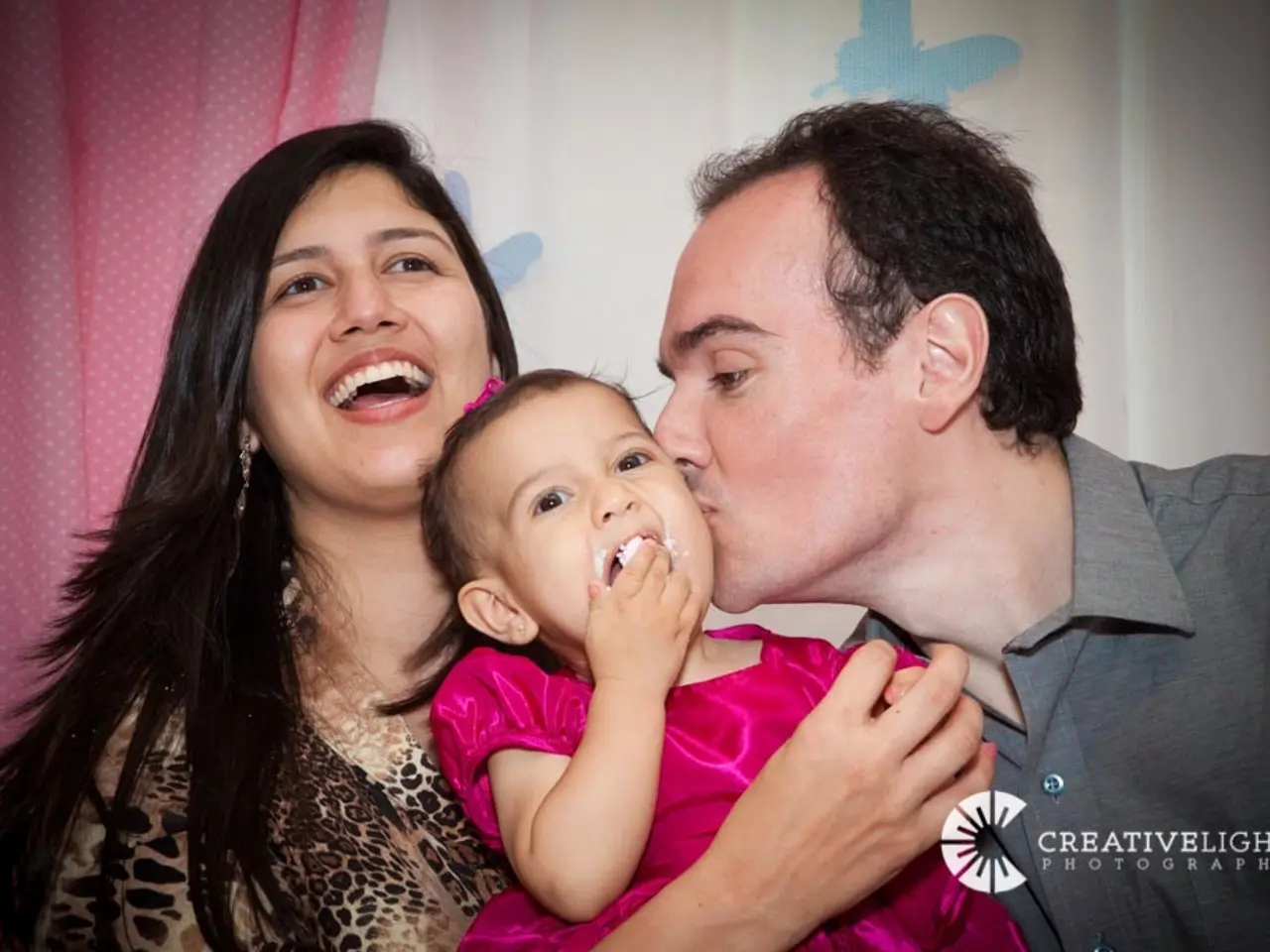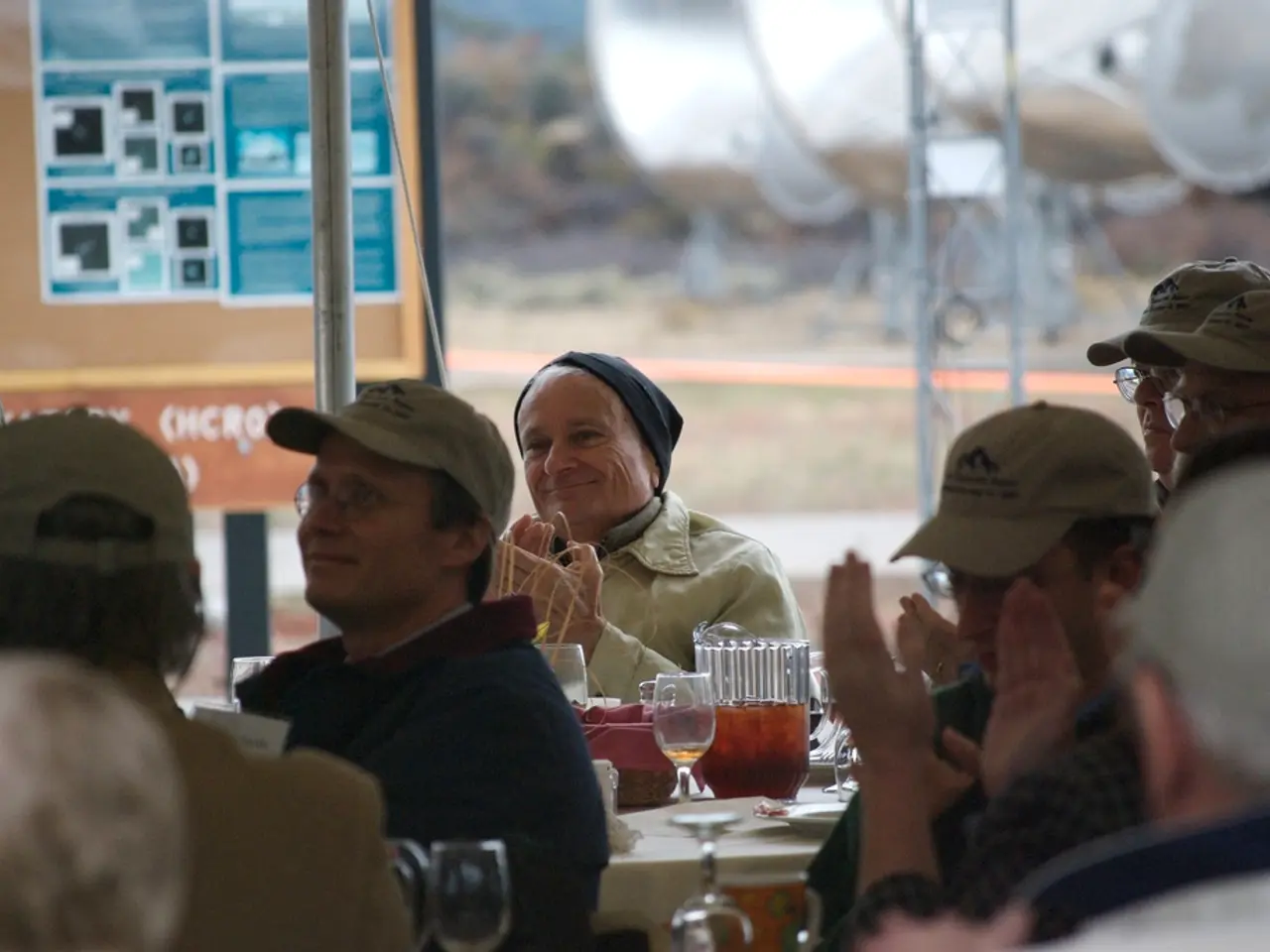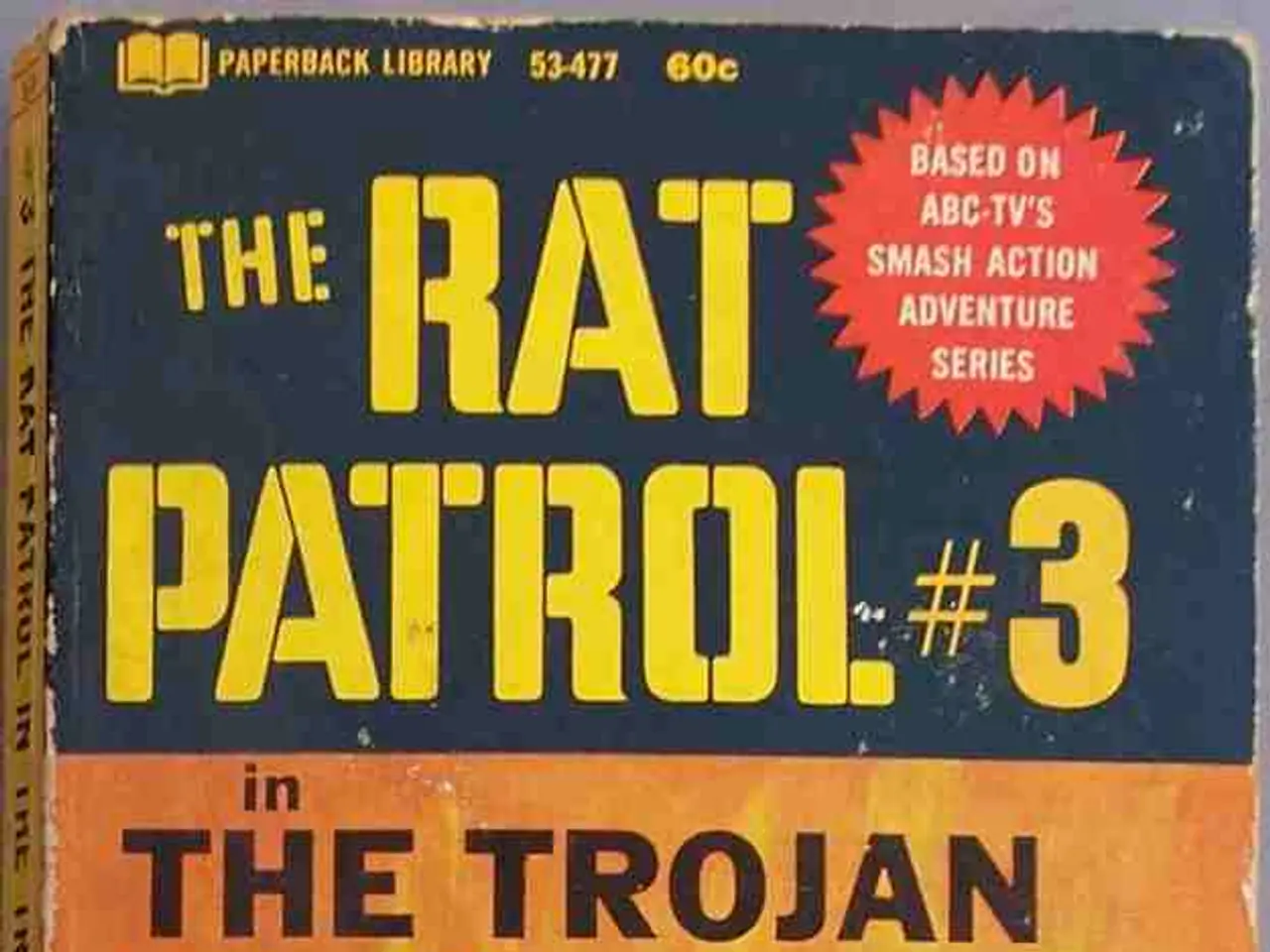Unveiling the Nature of Dark Romance
Dark romance, a subgenre of romance fiction, has been capturing readers' attention with its intense emotional experiences and morally ambiguous characters. This genre, characterized by themes of obsession, power struggles, and darker psychological elements, offers a unique literary space where love is messy, flawed, and sometimes dangerous.
The heroes in dark romance are often deeply flawed, emotionally scarred anti-heroes. They carry past wounds like abuse, neglect, or betrayal, making them seek love in unconventional, sometimes destructive ways. These characters are layered, unpredictable, and intensely human, focusing on transformation and vulnerability.
Dark romance continues to grow in readership despite criticism. Critics often raise concerns about the genre, questioning if it glorifies abusive behavior, blurs the lines between love and control, and whether it is empowering or harmful. However, many readers find the moral ambiguity and flawed heroes compelling and more realistic than idealized characters.
In dark romance, relationships are rarely gentle and often involve characters who want control, who are possessive to a fault, and whose love may border on obsession. The genre often treads in morally gray territory, exploring dubious consent within a fictional and fantasy-based context. However, responsible dark romance labels content with trigger warnings, explores consequences of actions, and shows growth, not glorification.
The popularity of dark romance stems from readers’ attraction to the exploration of deep, often taboo, emotions and situations not widely covered in traditional romance. It provides a heightened emotional experience by delving into psychological complexity and conflict within relationships. Dark romance promises an unforgettable emotional ride, one that doesn't promise safety but always delivers depth.
Dark romance is popular on platforms like Wattpad, Kindle Unlimited, BookTok, and Goodreads. It's echoed in films, series, and pop culture, such as "You" (Netflix), "Cruel Intentions", "Fifty Shades of Grey", and "Beauty and the Beast".
For some readers, dark romance mirrors internal struggles, allowing them to process real-life trauma through fictional journeys of survival and growth. It ties into a broader literary tradition of Romanticism, which values intense emotion, introspection, and individual experience, alongside a fascination with the mysterious, the exotic, and the darker aspects of human nature.
In summary, dark romance’s characteristics include morally ambiguous protagonists, obsession, intense emotional struggles, and exploration of taboo themes. Its appeal lies in the emotionally charged, psychologically complex storytelling that provides a darker, often more realistic counterpoint to conventional romance narratives. When well-written with nuance and sensitivity, dark romance resonates because it portrays the messiness of real human emotions, creating a powerful and engrossing narrative. However, it requires careful handling of trauma themes to avoid trivialization.
The unique literary space of dark romance extends beyond books, influencing fashion-and-beauty trends with its emphasis on darker, more mysterious aesthetics. This can be seen in the rise of gothic fashion, dark lipsticks, and brooding romantic leads in the world of entertainment.
Moreover, dark romance's exploration of complex human emotions and psychology has made it a popular topic in various forms of non-fiction, from self-help books that delve into the intricacies of relationships, to academic papers discussing the role of dark romance in modern culture.
Lastly, the popularity of dark romance has sparked a lively debate about its impact on lifestyle and attitudes towards consent and relationships. Some argue that it promotes unhealthy dynamics, while others believe it offers a platform for discussing and understanding these issues in a safe, fictional context.







